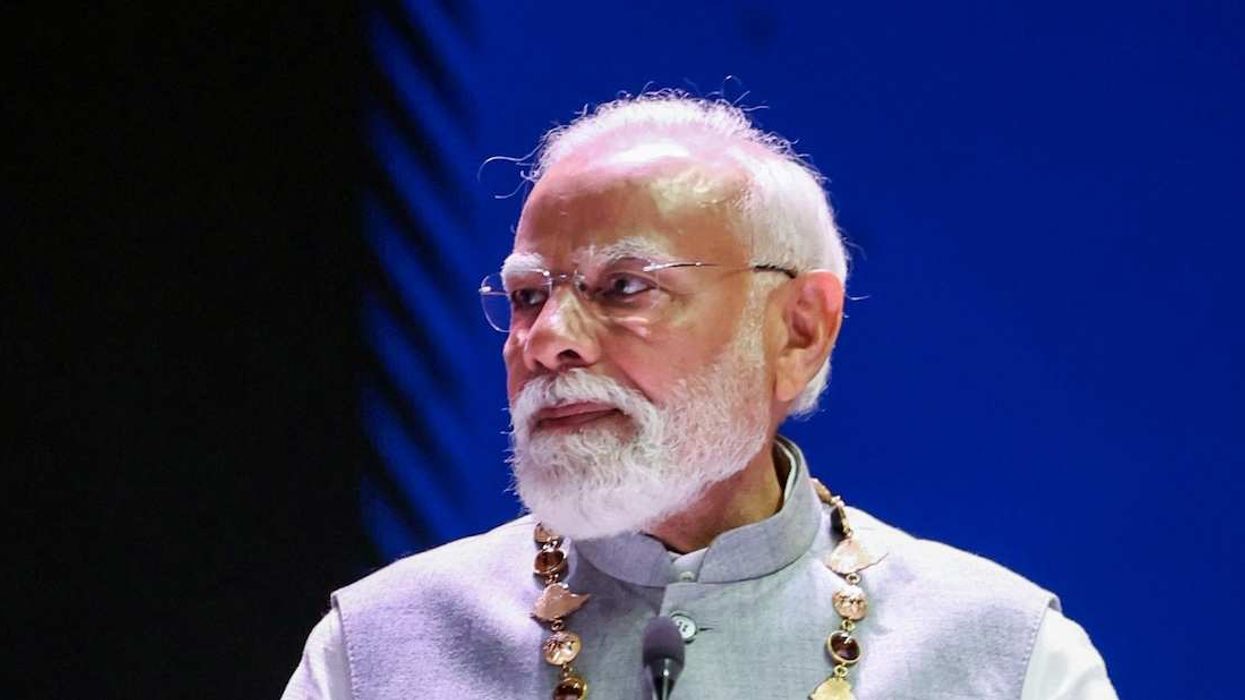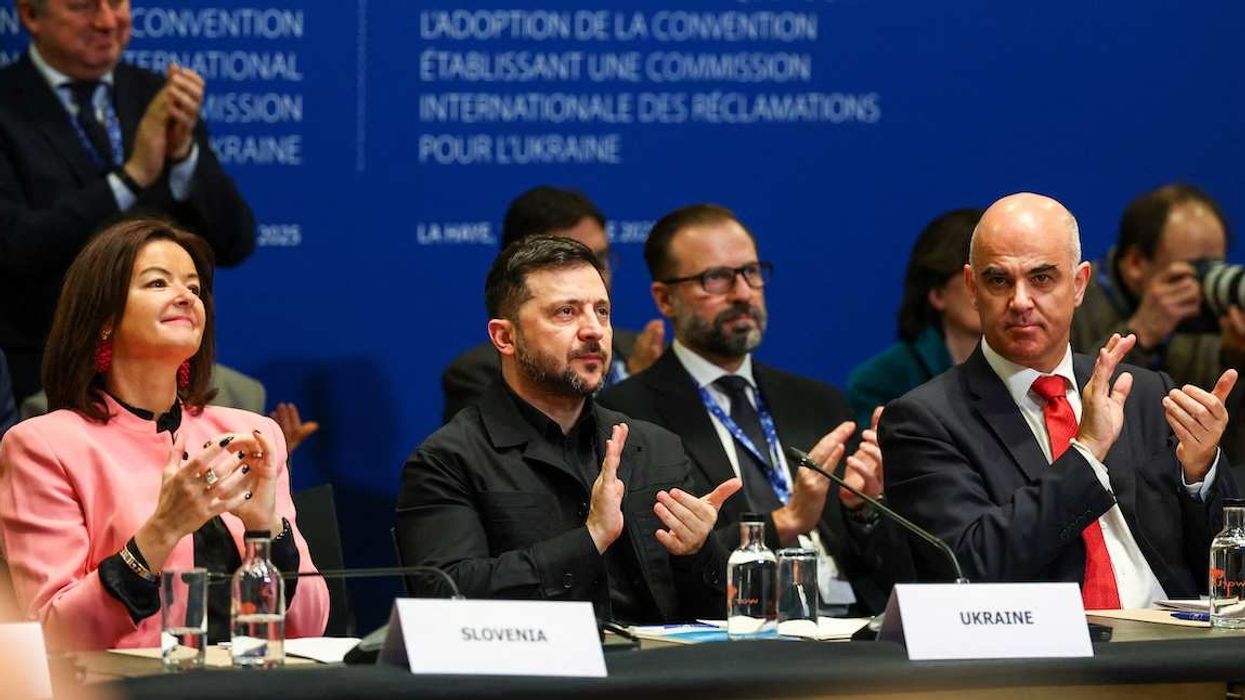President Joe Biden announced earlier this week that the United States will quadruple the tariffs on electric vehicles imported from China to 100% of their value while also imposing higher duties on metals and other clean energy products. Presidential challenger Donald Trump responded quickly: “I will put a 200% tax on every car that comes in from those plants … Biden finally listened to me. He’s about four years late.” Trump has also proposed EV tariffs on Mexico unless it restricts EV imports from China.
Caveats apply. There aren’t that many Chinese-made EVs entering the US market, though some warn that might change quickly, and US officials are not the only ones accusing China of overproducing EVs these days. Every government practices some form of protectionism in the name of safeguarding jobs at home and sometimes protecting national security. Biden will say his tariffs are more surgically targeted than Trump’s, and Trump will say Biden’s moves are weak-kneed half-measures.
But this latest exchange highlights a decade-long trend in US trade policy: Democrats and Republicans are now competing to restrict trade with America’s largest trade partner – and perhaps other countries. We’ll certainly be watching to see how China responds.



















